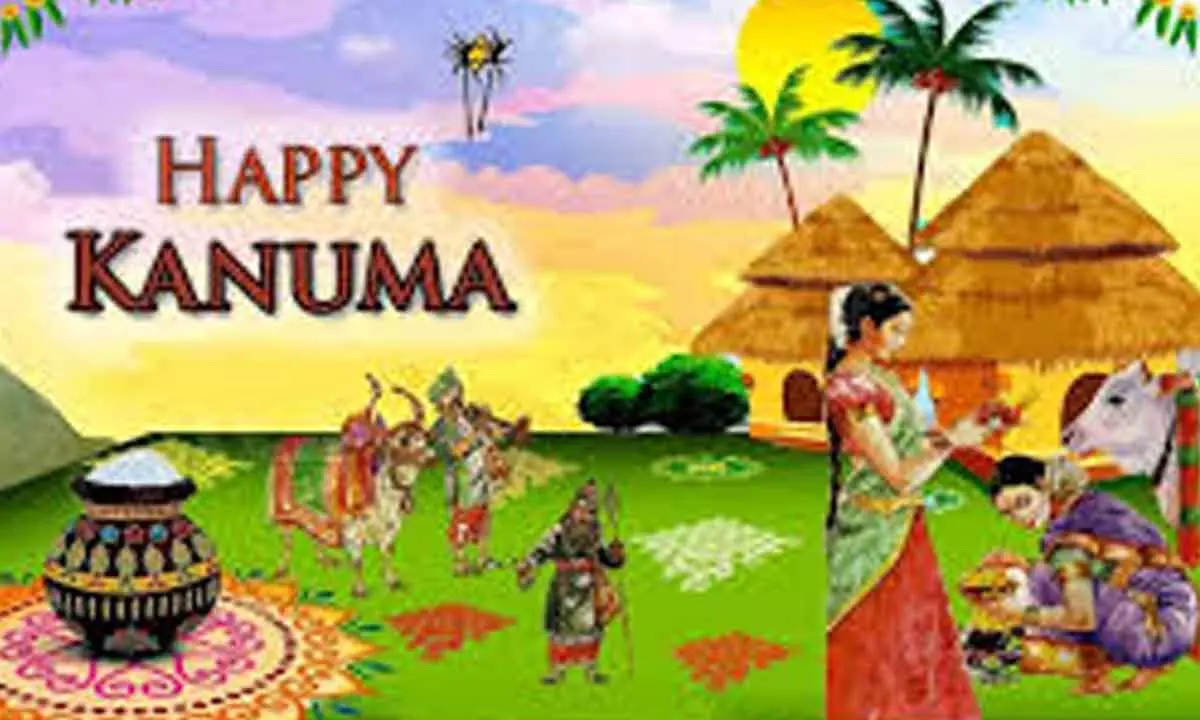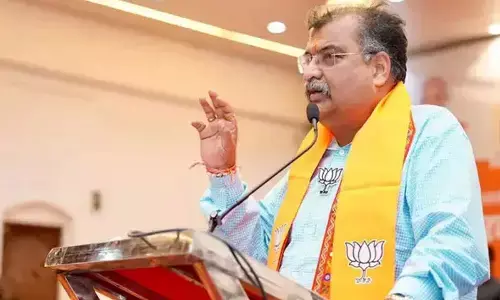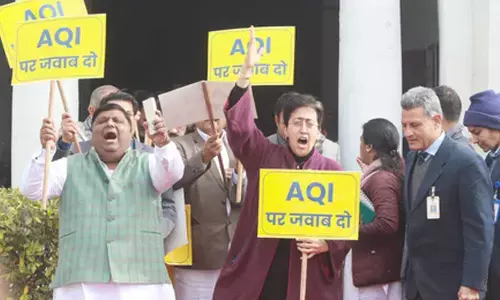Kanuma Festival in Andhra Pradesh: Celebrating Cattle and Culture

Kanuma Festival, celebrated in Andhra Pradesh during Makar Sankranti, honours cattle worship and Lord Krishna's divine intervention with vibrant traditions
Kanuma Festival is a culturally significant event in Andhra Pradesh, celebrated as part of the Makar Sankranti harvest season. It is observed on the third day of the festivities and holds great importance among farmers, who consider it a day to express gratitude to their cattle for their role in agriculture.
Mythological Significance of Kanuma
The festival has roots in Hindu mythology, commemorating Lord Krishna's divine act of lifting Govardhan Hill to protect the villagers and their livestock from a devastating storm. The legend describes how Lord Krishna encouraged the villagers of Gokulam to worship Govardhan Hill for rainfall instead of offering prayers to Lord Indra, the god of rain. Enraged, Indra unleashed a torrential storm on the village. To shield the people and cattle, Krishna lifted the massive Govardhan Hill on his little finger, providing shelter until the storm subsided.
This event not only demonstrated Krishna’s divine powers but also emphasized the importance of respecting nature. To appease Lord Indra further, Krishna initiated Govardhan Puja, which continues to be an integral part of Kanuma celebrations.
Traditional Practices and Festivities
Kanuma is a day dedicated to honouring cattle, a vital component of the agrarian lifestyle in Andhra Pradesh. Farmers begin the day by cleaning and bathing their cattle, decorating them with ornaments, and painting their horns in bright colours. The cattle are then taken to temples for special rituals and prayers.
Another prominent tradition during Kanuma is the organization of bullfights, which attract large crowds. Community members also engage in friendly wagers on these animals, adding a competitive yet festive spirit to the day.
Cultural and Agricultural Importance
Kanuma Festival underscores the cultural and agricultural heritage of Andhra Pradesh. By celebrating cattle and their contributions to farming, the festival symbolizes prosperity and gratitude. The rituals and community gatherings reflect the deep connection between farmers and their livestock while promoting a sense of unity and joy.
When and Where is Kanuma Celebrated?
Kanuma is celebrated across Andhra Pradesh in January, aligning with the harvest festival of Makar Sankranti. The event brings communities together in a vibrant display of traditions and reverence for nature.
FAQs
What is Kanuma Festival, and why is it significant in Andhra Pradesh?
Kanuma Festival is a day dedicated to cattle worship, observed during Makar Sankranti. It commemorates Lord Krishna's divine intervention to protect villagers and their cattle from a storm.
What are the main activities during the Kanuma Festival?
Farmers adorn their cattle with ornaments and painted horns, take them for temple worship, and participate in bullfights and community celebrations.
How does the Kanuma Festival reflect Andhra Pradesh’s heritage?
The festival showcases the agrarian culture, gratitude towards cattle, and vibrant community traditions, emphasizing the region’s agricultural and mythological roots.
When is Kanuma celebrated?
Kanuma is observed in January, on the third day of Makar Sankranti festivities, throughout Andhra Pradesh.
What is the mythological significance of Kanuma?
The festival honors the event when Lord Krishna protected villagers by lifting Govardhan Hill to shield them from a storm caused by Lord Indra.














